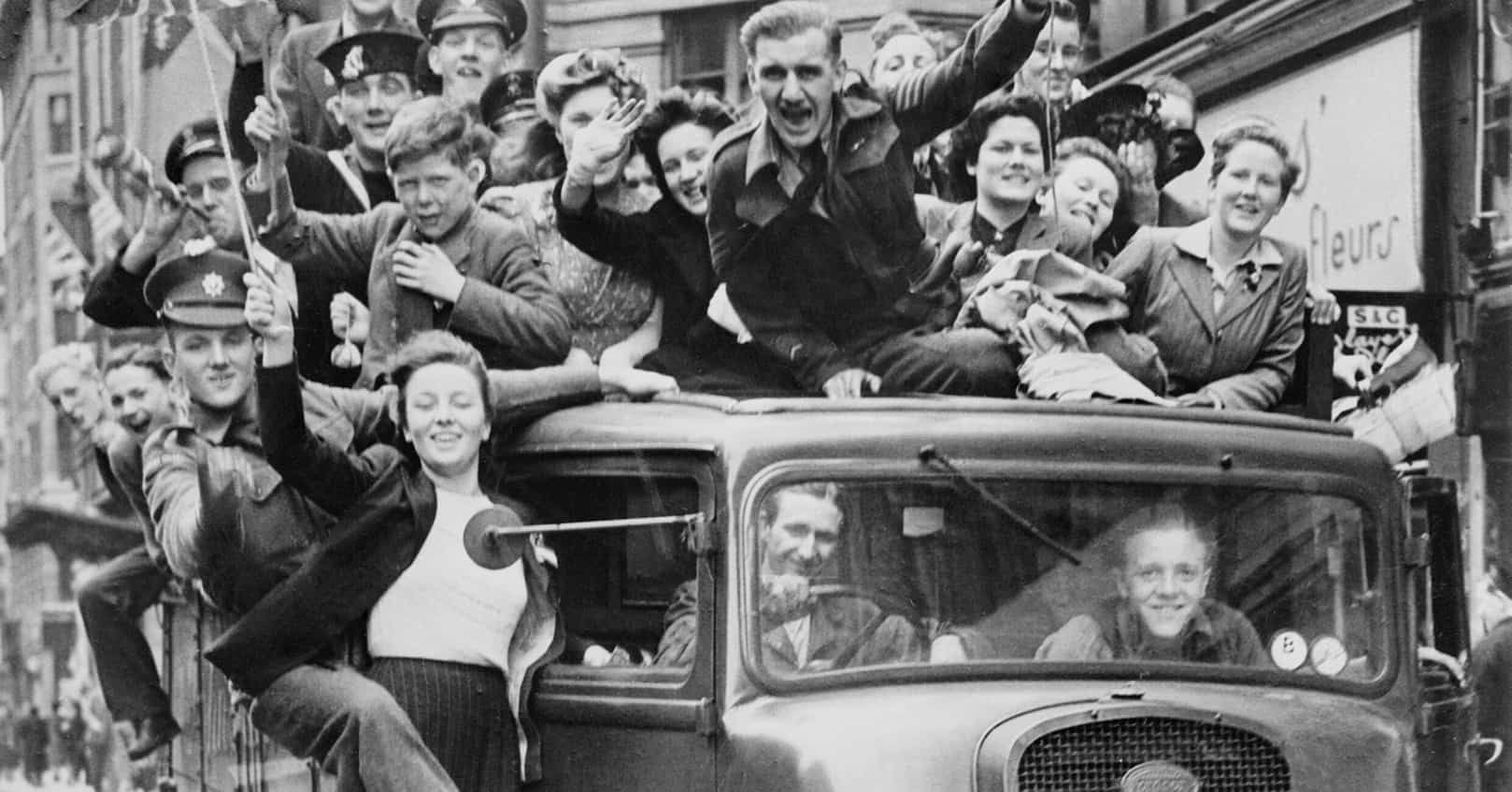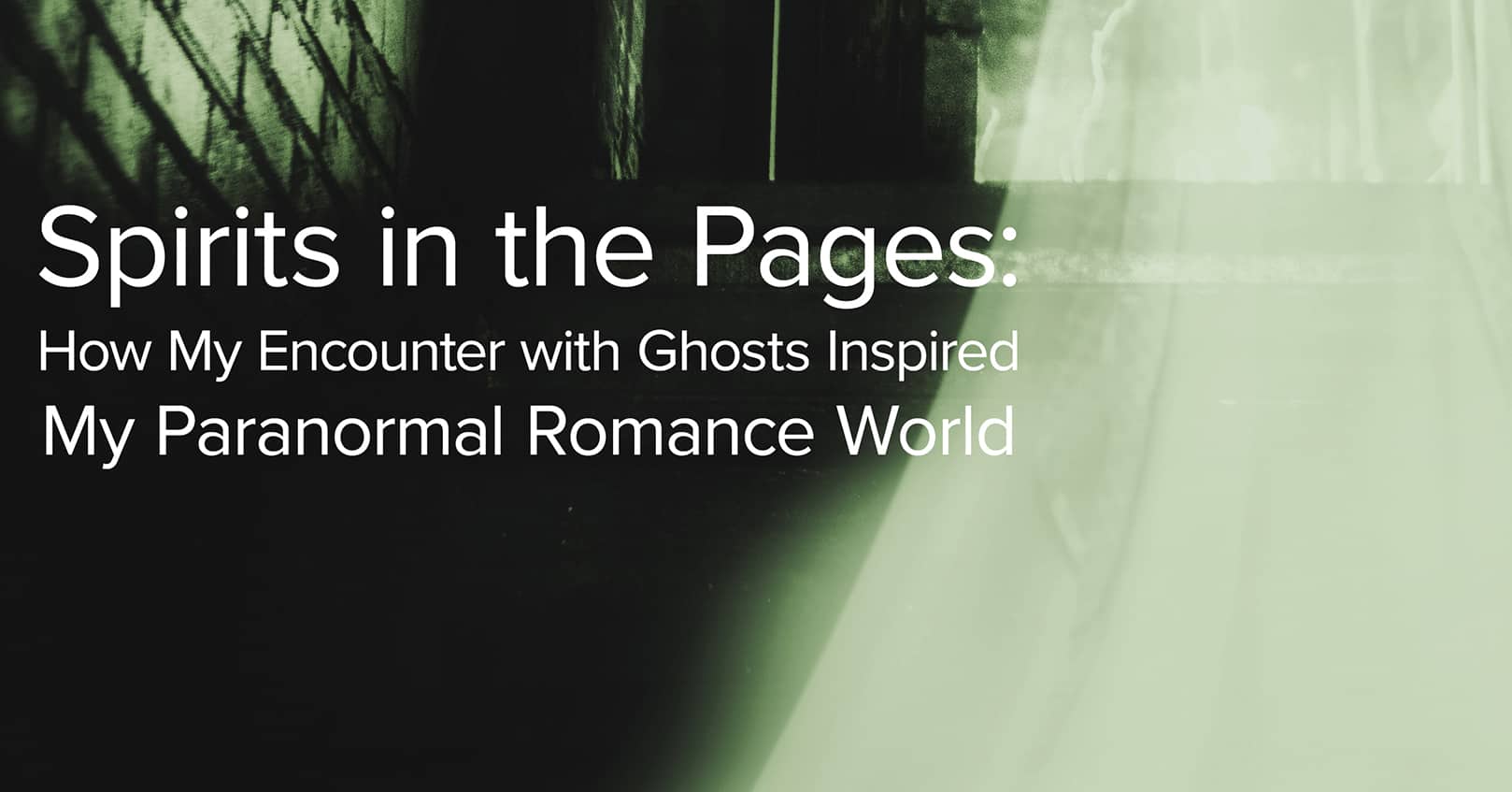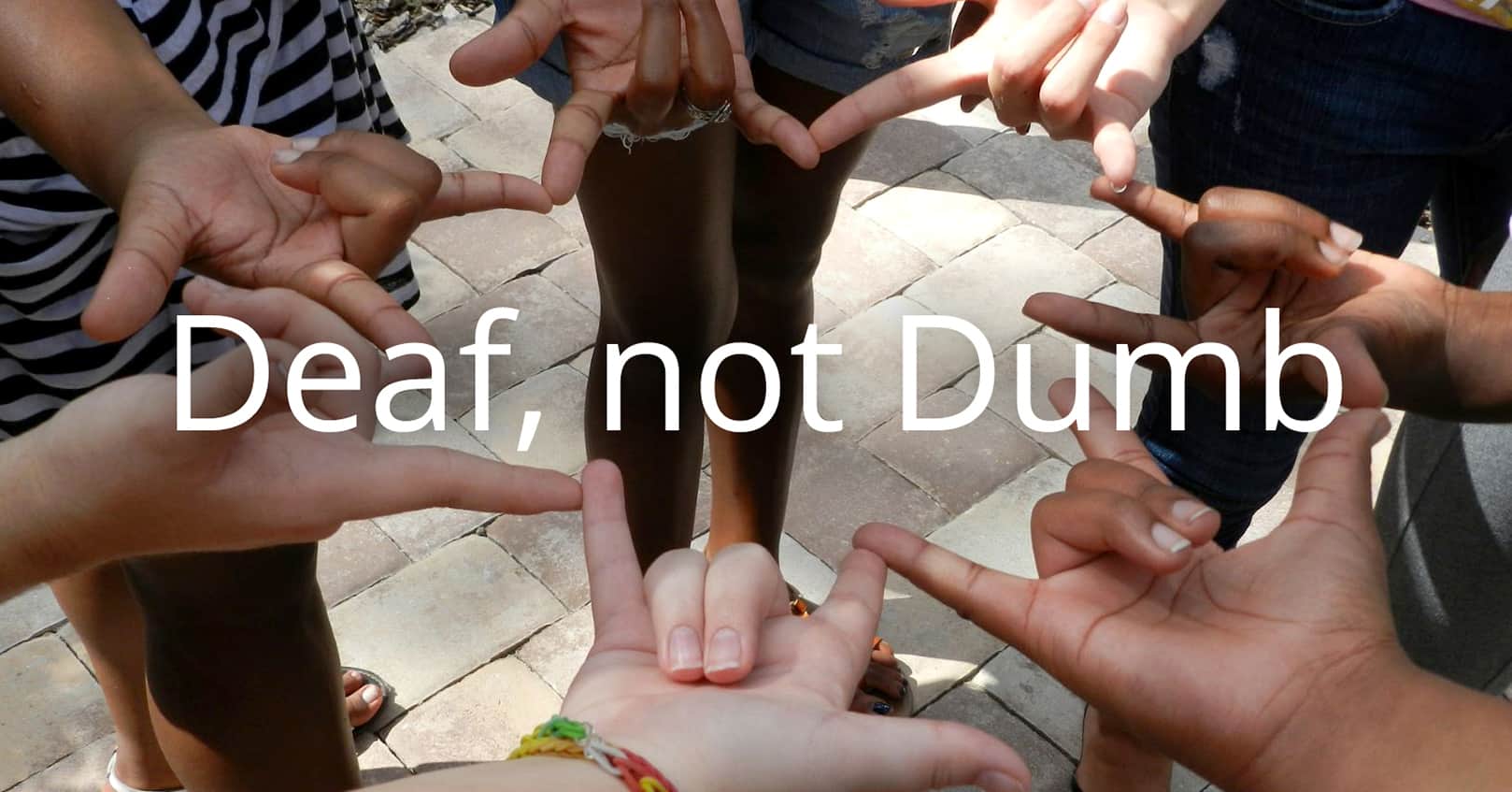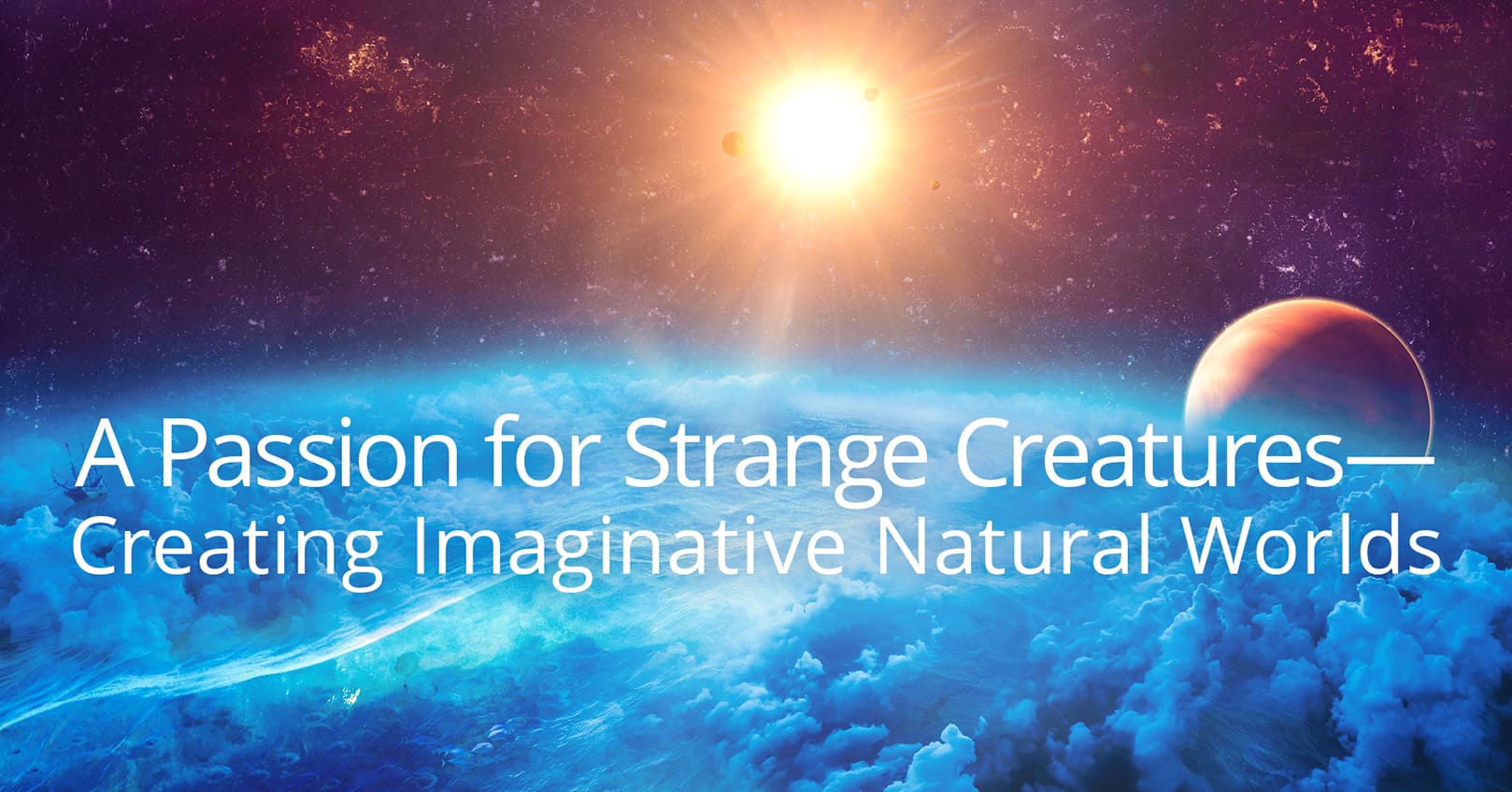
Depending on where you live, the commemoration of VE Day (Victory in Europe Day) on May 8th may have passed you by. Seventy-five years ago, people around the world celebrated the end of almost six years of war in Europe. Television has been showing amazing color footage of street parties, dancing in the squares, quite a lot of drinking, women kissing men they’d never met and, yes, the joy of emaciated concentration camp inmates at their release.
The war was not over, of course. There were still months of fighting in the Pacific and Asia to come. The Second World War did not end until President Harry Truman took the momentous decision to drop the first atomic bombs. Hiroshima and Nagasaki paid the price, but the war ended abruptly. We cannot be complacent but, thankfully, such weapons have not been used since.
I am a nonfiction author, but I also read avidly. Even more so, if you count audiobooks as reading. In the past few years, my interest in history, especially the 1939-45 War, has been kindled. I have read a lot about those days. There are thousands of books about every different aspect. In some ways, it seems the war will never go away.
What struck me about VE Day were the contrasts. Those pictures of crowds packed together in front of Buckingham Palace or dancing in the Piccadilly Circus fountain are a far cry from our deserted streets. You can’t quite let your hair down when you’re social distancing.
There are other contrasts. We are involved in a sort of war today, but it is a vastly different one. The battle against the coronavirus brings hardships. No question. But they are of a different order.
I write as a member of a privileged society. There are many in Africa and even in parts of our relatively prosperous countries who are hit much harder. Livelihoods are being lost; debt is mounting. For those who are struck by the virus, the impact is much worse. Sadly, many have died. Many more will.
Yet the challenges we are facing in lockdown cannot compare with the hardships experienced by those who went through the horrors that ended in Europe on May 8, 1945. Wives did not see their husbands for years at a time. Occasionally, a letter might arrive. Or a telegram with the dreaded “Missing, believed killed.” Children grew up without their fathers, until this vaguely familiar man appeared on the doorstep. Or didn’t.
Many soldiers did not return. Many who did come back were scarred—physically and emotionally—by their experiences. People took years to recover—if they recovered at all. It may take a while for us to reach the end of our coronavirus tunnel, but there is a little light there.
I know it is not true for all, but our generation is remarkably well equipped to survive the pandemic. Medical science has advanced dramatically in seventy-five years. We are well connected, by phone and broadband. A good number of us can work from home. We can keep in touch with family and friends with ease. Twenty-four-hour entertainment is available at the press of a button.
I do wonder, though, whether the generations alive today would be able or willing to make the sacrifices that our parents, grandparents, or great-grandparents took on. Since I started researching the Second World War and reading more about it, I have had to pause and consider the question. Have we become softer?
For sure, I have gained a lot of respect for that generation of men and women, as I have learned enough to write about their experiences. I am using lockdown to make good process on my second book about the wartime Special Operations Executive, the organization tasked by Winston Churchill to undermine Nazi occupation forces and “set Europe ablaze.” The new book, Setting the Med Ablaze, will tell the little-known story of SOE’s secret North African base. Its predecessor, Guardians of Churchill’s Secret Army, was about the men who joined SOE to teach secret agents the skills that might just keep them alive, undercover in occupied territory. Many became courageous agents themselves. Their stories are inspiring.
My interest in World War 2 is not just one-sided. My (re-)entry into the world of writing came about when my wife Ingrid wrote a book about her mixed Anglo-German heritage. The Bride’s Trunk tells how her mother grew up in Nazi Germany but met and married a British soldier—Ingrid’s father. The book is both thoughtful and, according to many reviewers, a gripping read.
So my interest in the history of the 1939-45 War has given me a new perspective on life during the current pandemic. The contrasts with a real war are stark. Whatever happens in the coming months, I hope I will not forget that.

















The spread of Coronavirus, or Covid-19 virus, has brought the world to nearly a standstill. It has grounded world airlines, and represents an existential threat to many airlines. For instance, US President Trump’s 30-day ban on most flights to America from Europe, which took effect on March h, will erase the $n lucrative transatlantic routes made in sales last year. The real drama has expanded from the depiction of ghost towns in Hollywood movies into real ghost countries like Italy, Spain, and Germany. Several other countries have opted for forced quarantine of their population. We are at an era of self-imposed viral discrimination between the self and the other in the once-cozy social settings, work places, public gatherings, and even in churches, mosques and temples.
And of course, after my post, I thought of a joke.
If the party was successful enough, VE day would be followed by VD day. We know there was a baby boom, so perhaps my joke might have been factual also.
“such weapons have not been used since”
While that may be true with respect to heavily populated areas, it’s not strictly true. Weapons tests went on to make the Marshall Islands a damaged region and even within our own country, ongoing nuclear tests were responsible for the earlier death of famous actor John Wayne and many on the cast of a crew that shot a movie near a Nevada test site.
https://www.thevintagenews.com/2018/02/19/the-conqueror-film/
In the face of adversity, we would rise to the challenge, despite being softer. We might use different tools and more technology to get there though.